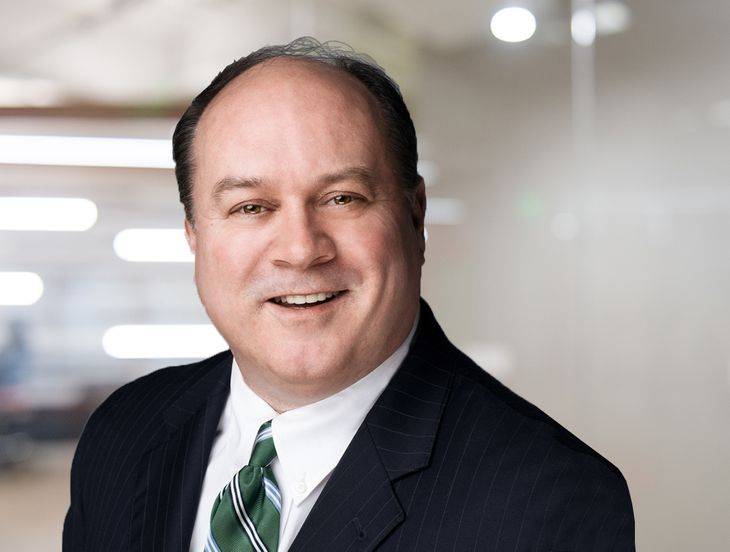Democratic Presidential Contender’s New Plan Calls For Protections For Gig Workers
Insights
7.29.19
The Gig Economy has caught the attention of at least one presidential candidate who has unveiled a plan called “A New Rising Tide” which, among other things, calls for greater protections for gig economy workers.
South Bend Mayor Pete Buttigieg has put forth a plan that calls for guaranteeing “gig economy workers their labor rights, including unionization” and states that “millions of Uber and Lyft drivers lack basic protections because they’re misclassified as independent contractors.” Independent contractors are not protected under current federal labor and employment laws and most state laws. Buttigieg’s plan states that in order to provide gig economy workers with the protections of the Fair Labor Standards Act he “will support codifying the simple ‘ABC test’ for classifying workers nationally in order to prevent workers in the gig economy from being denied minimum wage, overtime, and antidiscrimination protections–and their ability to unionize.” Under the ABC test, the employer has the burden of establishing that a worker is not an employee by proving all three of the following elements:
- the worker is free from the control and direction of the hirer in connection with the performance of the work, both under the contract for the performance of such work and in fact;
- the worker performs work that is outside the usual course of the hiring entity’s business; and
- the worker is customarily engaged in an independently established trade, occupation, or business of the same nature as the work performed for the hiring entity.
(See our May 1, 2018 blog post discussing the California Supreme Court’s adoption of the ABC test).
In addition to his call to codify the ABC test, Buttigieg “propose[s] amending U.S. law to allow independent contractors with no employees, little capital investment, and substantially similar working relationships with a single company to unionize.” Currently, independent contractors are not covered by the National Labor Relations Act.
It is likely that policy proposals targeting gig workers will emerge from other Democratic contenders given their recently voiced support for Lyft and Uber drivers during an eight city protest in May. While the 2020 Presidential election is some fifteen months away, issues related to gig economy workers will most certainly be part of the debate over national labor policy.
Related People
-
- Greg Grisham
- Partner
